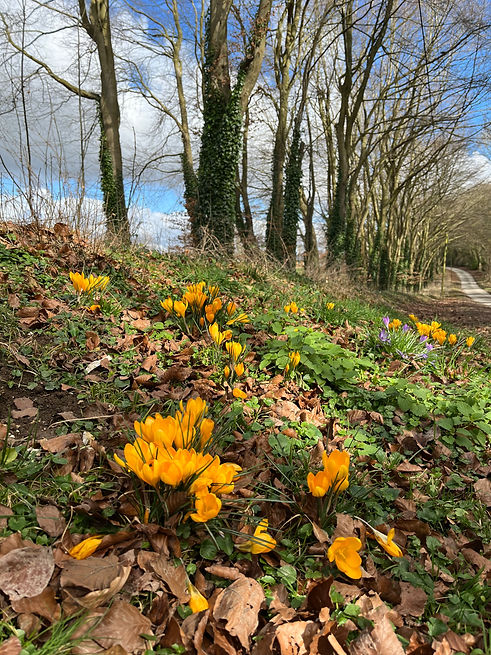About Me
My name is Simón Granell. I am a Mindfulness and Meditation teacher living in North Dorset. I teach Wellbeing, Insight and Compassion courses in person and online for groups, one-to-one and drop-in sessions. I also offer bespoke workshops and classes for business. My practice is rooted in the Rinzai Zen Buddhist tradition and am a qualified teacher with the Zenways sangha based in London. My courses are recognised and accredited by the International Mindfulness Teachers Association (IMTA), a US-based organisation that oversees international mindfulness teacher education and training standards.I have 18 years as a Ki Aikido practitioner and 12 years as a teacher achieving the rank of Godan (5th Dan). The practices of mindfulness and meditation have found their way into all aspects of my life, including as an artist and university lecturer. I gain immense joy from the reciprocal process that teaching has to offer. Far from being one-sided, I am constantly amazed at the challenges and reciprocal learning experiences.

What we practice
Mindfulness
Mindfulness is everywhere these days, but what does it mean? It couldn’t be simpler, in a nutshell, it just means being present with what is happening. You don’t have to bring any judgement to it, such as thinking about being a good person.
We can be mindful of the body; or an external object or activity e.g., simply walking or making tea. Through mindfulness practice we learn to train the mind to stay where we put it. Having a focused mind is essential in achieving anything. As we learn to pay attention, this in turn changes our relationship with reality, as it helps us to be more responsive rather than reactive to what arises.
Mindfulness is not a sensation, a feeling, or even necessarily an agreeable state of mind. It is rather a doing thing. Rather than being passive and watching the world go by, it is active, bringing intention and purpose to what we do. So, not just about being present, but remembering to be present. This is the practice, something that we come back to again and again.
… and also remembering, that there is only this moment!
Ki Development
In East Asian cultures and Chinese medicine, Ki (or Chi) is understood as the lifeforce or ‘vital energy’ present in all living beings and is therefore a contributing factor to our wellbeing. If Ki does not flow naturally through our body, we may feel low on energy or worse still, become ill. There is nothing mystical about Ki, it is something that is present in all of us, but don’t necessarily acknowledge or develop.
In classes we practice exercises that are designed initially to enable us to become aware of Ki in our bodies or in others, and then to be able to develop and strengthen it. Over time, a student may notice reduced anxiety and stress, and greater stamina and resilience in daily life. The practice also promotes relationships between ourselves and others, enabling a more understanding and tolerant awareness.
Meditation
The mind is easily distracted and drawn into thinking about what has happened or what might happen. The first step is to help us to understand how our minds work, to become self-aware and familiar, rather than simply repeating this habitual process.
Our minds naturally want to move away from stress, difficult situations or people. In meditation however, we sit with them. As my teacher says, “rather than turn away, turn towards.” This might sound counter-intuitive, after all, why would we choose to be with discomfort or pain? But by bringing a present-focused awareness to stress, for example, we can begin to see its causes, and reduce ‘stuck’ patterns of thought and behaviour.
So, meditation is a process of cultivating the mind on the present moment.